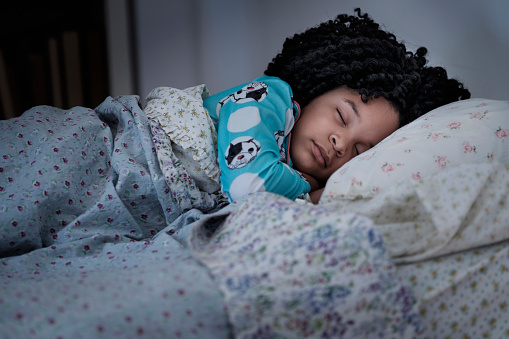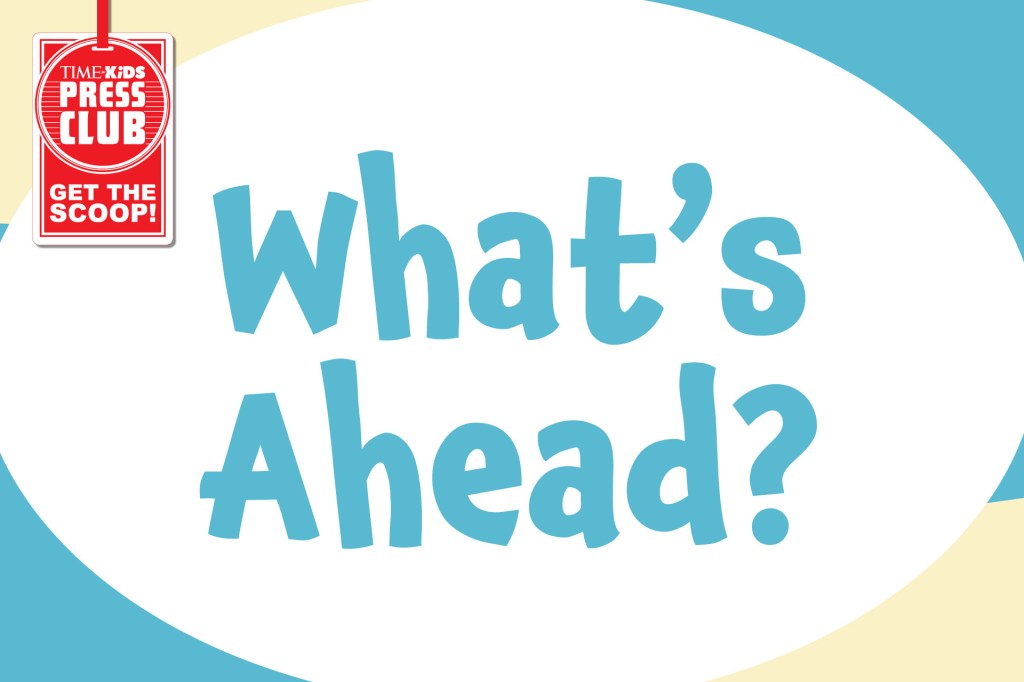Coronavirus Questions?

The coronavirus pandemic
pandemic
 SAM EDWARDS—GETTY IMAGES
an outbreak of disease that spreads very quickly and affects a large number of people throughout the world
(noun)
Doctors around the world teamed up to try to stop the spread of the pandemic and keep people healthy.
is a public health emergency. Coronaviruses are a group of viruses that can infect animals and people. Some cause mild illness, like the common cold, while others can lead to serious illness. The type causing the current pandemic is new to scientists.
SAM EDWARDS—GETTY IMAGES
an outbreak of disease that spreads very quickly and affects a large number of people throughout the world
(noun)
Doctors around the world teamed up to try to stop the spread of the pandemic and keep people healthy.
is a public health emergency. Coronaviruses are a group of viruses that can infect animals and people. Some cause mild illness, like the common cold, while others can lead to serious illness. The type causing the current pandemic is new to scientists.
The new coronavirus was first identified in China in December. On February 11, the illness was officially named COVID-19. It spread quickly around the world. Scientists and doctors from many countries are working together to stop the spread and find a cure.
To answer kids’ questions about COVID-19, TIME for Kids writer Rebecca Mordechai spoke with Dr. Juan Dumois. He’s an infectious-diseases specialist at Johns Hopkins All Children’s Hospital, in Florida. Here’s what he had to say.
1. The coronavirus causes an illness called COVID-19. What are the symptoms of COVID-19?
Symptoms include fever, coughing, and shortness of breath. These symptoms are the same as the flu. You can’t distinguish the new coronavirus from flu because they overlap too much.
2. What should I do if I have these symptoms?
If you’re sick, tell a trusted adult. Symptoms can be treated with cold or fever medicine. It may take a few days to a week to feel better.
3. How does the virus spread?
The virus can spread in two ways. If you’re near someone who coughs or sneezes, you can get the virus by inhaling it. If someone who is infected coughs or sneezes on a surface, like a doorknob, you can pick up the virus by touching that surface.
4. How dangerous is the virus to kids?
Children seem to be less affected by it than adults. If kids do get sick, they’re less likely to have severe symptoms.
5. What can I do to stay healthy?
Wash your hands for 20 seconds—that’s “Happy Birthday” two times—with soap and running water, or use hand sanitizer, before touching your face. There are also things you can do to strengthen your immune system. That’s what helps our body fight off infections. Your immune system
immune system
 TOM GRILL—JGI/GETTY IMAGES"
the system that protects the body from illness
(noun)
Getting plenty sleep helps to keep your immune system strong.
can be made stronger if you eat a healthy diet or take a multivitamin each day. Getting enough sleep is also important. Chronic sleep deprivation can weaken the immune system’s ability to fight off viruses.
TOM GRILL—JGI/GETTY IMAGES"
the system that protects the body from illness
(noun)
Getting plenty sleep helps to keep your immune system strong.
can be made stronger if you eat a healthy diet or take a multivitamin each day. Getting enough sleep is also important. Chronic sleep deprivation can weaken the immune system’s ability to fight off viruses.
6. What should I do if I’m feeling anxious about COVID-19?
Don’t be shy about talking to a parent, teacher, or another trusted adult about it. Feeling out of control can also make you feel anxious. But you can actually have some level of control by following safety and health guidelines.
7. What are some common myths about the virus?
One myth is that wearing a mask is all you need to protect yourself from COVID-19. Washing your hands properly and frequently is actually more helpful. Most of the time, a mask isn’t going to help, unless you’re a health care worker who is in close contact with ill patients.
8. What can schools do to protect students?
Schools should make hand sanitizer available and teach kids how to use it. That’s really important. Hand sanitizer needs to be rubbed on both hands, and it should take at least 15 seconds for the hand sanitizer to dry. Doorknobs and desks should also be wiped down at least once a day, ideally after each class.
Responses have been edited for length and clarity.
This story appears in the March 20, 2020, print edition of TIME for Kids. It was published online on the afternoon of March 12. It has not been updated.












